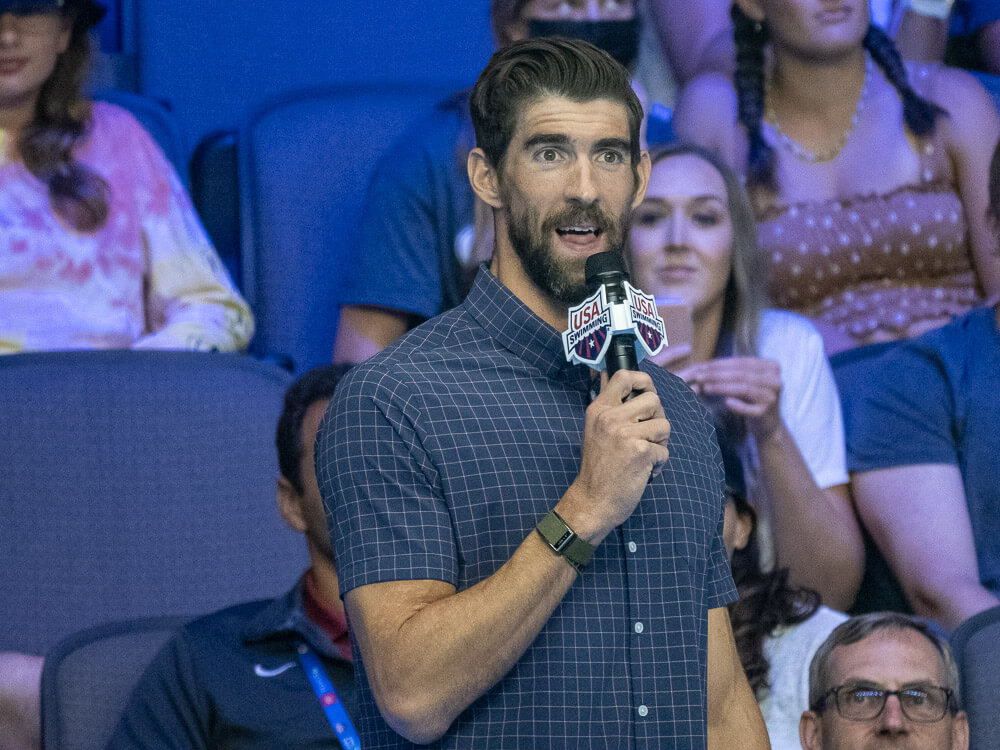‘The Only Thing I Saw Was a Swimmer:’ Michael Phelps on Identity and Mental Health

‘The Only Thing I Saw Was a Swimmer:’ Michael Phelps on Identity and Mental Health
Michael Phelps has long been an advocate for athletes’ mental health and for athletes sharing their emotional and psychological struggles.
In an interview with the WHOOP Podcast, the most decorated Olympian in history added to that body of conversations. Phelps spoke for nearly an hour on a variety of topics on the podcast run by the wearable fitness and wellness company.
Among the topics that he touched on was how much of his identity he drew from being a swimmer, to the exclusion of everything else. That factored in to how and when he reached out for help when he faced adversity, both personal and very public.
“Throughout my career, I had a lot of cries for help and didn’t really know what to say or how to do it,” Phelps said. “And in that one moment [the DUI], I was taking the spiral staircase and the express elevator straight down. I got to the point where I didn’t want to be alive. But I got to the point where I learned to ask for help, too. All of these moments that I’ve gone through – whether they’re good, bad, or ugly – they’ve all been learning experiences for me. …
“I used to hate who I saw in the mirror. The only thing I saw was a swimmer. I never saw myself as a human being. Now being able to see myself as a human being – it’s a completely different outlook on life, and I love myself. I like who I am.”
Phelps is happy to see how the discourse has progressed since he retired, for the second time, in 2016 after his fifth Olympics. He cited the way star athletes like Simone Biles and Naomi Osaka have been willing to speak about the steps they need to take to preserve their mental well-being.
“When Simone Biles and Naomi Osaka spoke publicly about their mental health challenges, I was so inspired,” Phelps said. “It really brought me joy because for anybody who opens up and talks about struggles like this, it’s so freeing. For so many years, we’ve all wanted to shove everything under the rug. Now the Band-Aid’s off the rug is out, right? People are ready to talk about it, make change and to help others. I loved when Naomi opened up because she did it in such a powerful way. On her terms, in her words, on her platform. To be able to do that on a public stage, she showed vulnerability, and that’s a scary thing for a lot of people. When I saw Simone at the Olympics go through what she went through, it’s so wild to see because it shows you that mental health can creep up at any given time. No matter if it’s the Olympics or your birthday.”
The link to the full with Michael Phelps podcast is available here.



